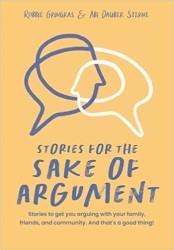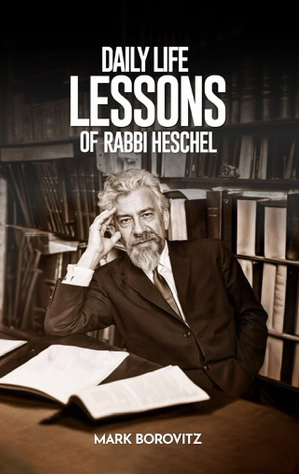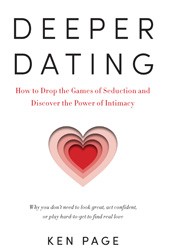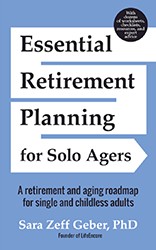Adam Gopnik begins his introduction of The Good Book: Writers Reflect On Favorite Bible Verses by asking “How shall we sing the Lord’s song in a strange land? And how should we read the Bible in a secular age?” For the many millions of religious fundamentalists and literalists who continue to read the Bible literally in the face of scientific evidence to the contrary, this is not a question that even needs to be asked. For other believers in the Divine truth of the text who also accept non-literal readings of problematic passages, it can be answered to varying degrees of satisfaction.
Gopnik’s essay introduces Andrew Blauner’s collection of reflections of the Bible by an impressive list of writers, activists, and public personalities who are all firmly ensconced in the secular world. They largely identify with Gopnik’s claim that “nothing that happens in it actually happened, and that its miracles, large and small, are of the same kind and credibility as all the other miracles that crowd the world’s great granary of superstition.” Yet the Bible pulsates and resonates for them, informing poignant moments, connecting generations, framing lives, making demands, and offering direction.
Gopnik himself sketches four contemporary styles for reading the Bible. The first is aesthetic, emphasizing the mythic truth of its stories and characters. These include Daniel Menaker’s postmodern reading of the ambiguous conclusion of Jonah, or Robert Pinsky’s poetic homage to Isaiah’s message of hope and rebirth intermingled with apocalyptic fury.
An accommodationist read, such as A. J. Jacobs’s reflection on the example of Nahshon, first to jump into the Reed Sea, explores how Biblical stories provide direction and reflect contemporary life to reader — though this story is midrashic, and not actually included in the Hebrew Bible. Lois Lowry sees echoes of Ruth in her family’s story of intermarriage, World War II, tragedy, and redemption. Samuel Freedman explores the Valleys of Dry Bones in East New York and the pastors who revived them, and Al Sharpton finds a particularly poignant call for revolution and justice in the Psalms.
An anthropological reading, such as Lydia Davis’ analysis of Psalm 23 or Jay Parini’s parsing of the Sermon on the Mount, explores what the texts teach us about people in general, both those who wrote the texts and those who still read them. Finally, an antagonistic reader struggles against the texts, finding meaning and direction in the tension. In this vein, Michael Eric Dyson pushes back against Biblical literalism, tracing Abraham’s rejection of Ishmael and Hagar, and his attempted sacrifice of Isaac, onto the contemporary violence directed at the African-American community from within and from the outside. An ordained Baptist minister, Dyson’s passionately written call to “rescue” the narrative “from the grasp of the powerful and the parochial, as we read them to rescue in ourselves the excitement and vigor of fresh interpretation,” is as much a part of his civil rights struggle as his academic work and activism.
A fifth approach, not considered by Gopnik, is introduced by Samuel Fleishacker, professor of Philosophy at the University of Illinois-Chicago. The Good and The Good Book is a short volume with a well developed, incrementally building argument. He distinguishes between scientific truth, which can be tested and disproven, and truth as the Bible means it. When it comes to how to behave in daily life, which he defines as morality, we tend to follow rational reasoning. However, when it comes to ultimate questions of meaning, or what it means to live a “good life,” supernatural revelation is no less plausible a guide than anything we can come up with on our own.
Even in today’s world, he argues, the Bible can still be regarded as true, in the sense of serving as a reliable and trusted ethical guide for one’s life. Its language is poetic, so that it is always somewhat obscure and in need of active interpretation. It purports a supernatural source, so that it is always a bit beyond us. It presents a vision of a final goal which always remains a little mysterious, but fits with what we would expect that vision to be. In other words, we can project our highest goals and aspirations onto the Bible, and yet always look at it and try to find a bit more. It does not give us the answers, but allows us to keep asking the questions that push us towards self-improvement and introspection.
In a way, Fleischacker combines Gopnik’s first two approaches, but goes a step further. Instead of stopping with finding meaning or resonance in the Bible, he argues that it is reasonable to submit to it and to the God who revealed it — even if that revelation never actually happened in history.
Gopnik correctly asserts that each of us engages with the Bible through the tension created by the idea of faith and the fact of doubt. These two very readable books provide a series of snapshots depicting how that tension plays out in the twenty-first century. As a talented group of writers let us into their hearts and minds, we can imagine, through them, how their experience was just as true 2,000 years ago, and will continue to be long into the future.
Related Content:
- Gavriel Savit: Reconciling the Inconsistent Word of God
- Reading List: Bible & Biblically Inspired Stories
- Daniel Torday: Alluding to the Torah





